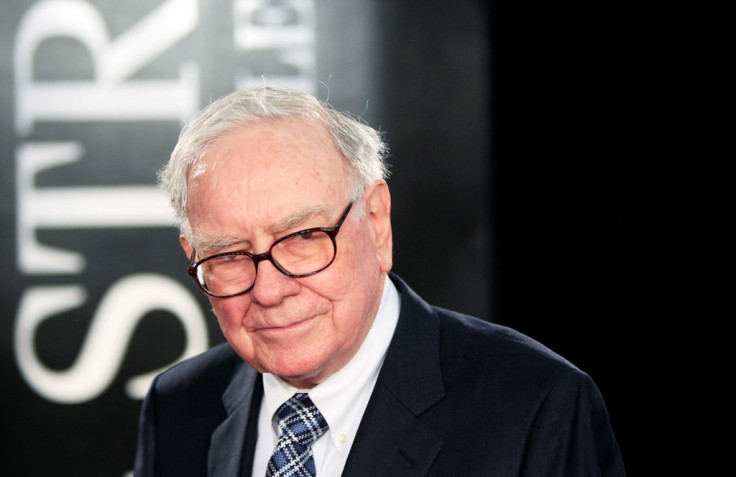Warren Buffet compares AI to atomic bomb, says it can't be un-invented
Buffet is not the only prominent person who has spoken out against AI technology.

The invention of artificial general intelligence apps such as ChatGPT and GoogleBard, along with several others, has even the best minds in the world worried.
The latest on the list is none other than Warren Buffet himself, who has compared the current AI developments to an atomic bomb. Buffet is one of the richest men in the world. He is also one of the most successful investors which essentially implies that his observations are given weight by people across the board.
During a discussion at the company's annual meeting in Omaha, Nebraska, the billionaire investor expressed his apprehensions about the latest advancements in the AI sector, per a report in Business Today.
"When something can do all kinds of things, I get a little bit worried. Because I know we won't be able to un-invent it and, you know, we did invent, for very, very good reason, the atom bomb in World War II," said the 92-year-old.
"It was enormously important that we did so. But is it good for the next two hundred years of the world that the ability to do so has been unleashed?" he asked.
Buffet went on to elaborate why he feels the way he does about AI and its applications, and said: "We didn't have a choice, but when you start something, well, Einstein said after the atomic bomb, he said, this has changed everything in the world except how men think."
What do the other tech leaders think?
Buffet is not the only prominent person who has spoken out against AI technology. Twitter CEO Elon Musk feels the same way and recently joined thousands of people in signing a letter calling for a six-month pause in the development of systems more powerful than OpenAI's recently-launched GPT-4.
With over 27,000 signatures, the letter suggests AI companies should halt the development of powerful AI systems until it is confirmed that their effects will be positive. Also, the letter emphasised that people should be confident that the risks presented by these systems will be manageable before they are made available.
Geoffrey Hinton, who is known as the "Godfather of AI,"recently quit his job at Google and warned people of dangers posed by these extremely intelligent technologies. Hinton even warned that AI tools could be misused by powerful individuals like Russian President Vladimir Putin. He believes that people like Putin will not shy away from using AI to manipulate wars and elections.
Likewise, American business magnate Bill Gates believes AI chatbots could oust human teachers soon and could lead to job losses in other sectors as well.
Should AI developments be stopped?
Despite the fears and apprehensions, industry experts have only called for discussions around controlling the technology and not a blanket ban on its use, as the technology can also be used to make the world a better place.
AI can be used in healthcare, education, big data analysis, coordination in government departments, and to improve access to resources. In fact, Gates also believes that artificial intelligence is revolutionary and will help reduce inequalities in the world.
In an open letter posted on his blog, he said that in his lifetime, only two demonstrations of technology struck him as revolutionary: one was the graphical user interface—the forerunner of every modern operating system, including Windows—and the other was OpenAI.
Gates' letter came against the backdrop of Microsoft launching an AI chatbot known as ChatGPT. The artificial intelligence app can write essays and poems or compute code on command. Its development has taken the world by storm and led people to debate whether AI can replace humans in specific vocations.
However, AI goes beyond just improved versions of ChatGPT and Google Bard. The next development in the sector is expected to be AGI (artificial general intelligence). For those unaware, AGI (artificial general intelligence) alludes to a machine that is as intellectually capable as a human. However, AGI would rely on a system or an algorithm to simulate human intelligence which software like ChatGPT have not been able to achieve yet.
© Copyright IBTimes 2025. All rights reserved.






















